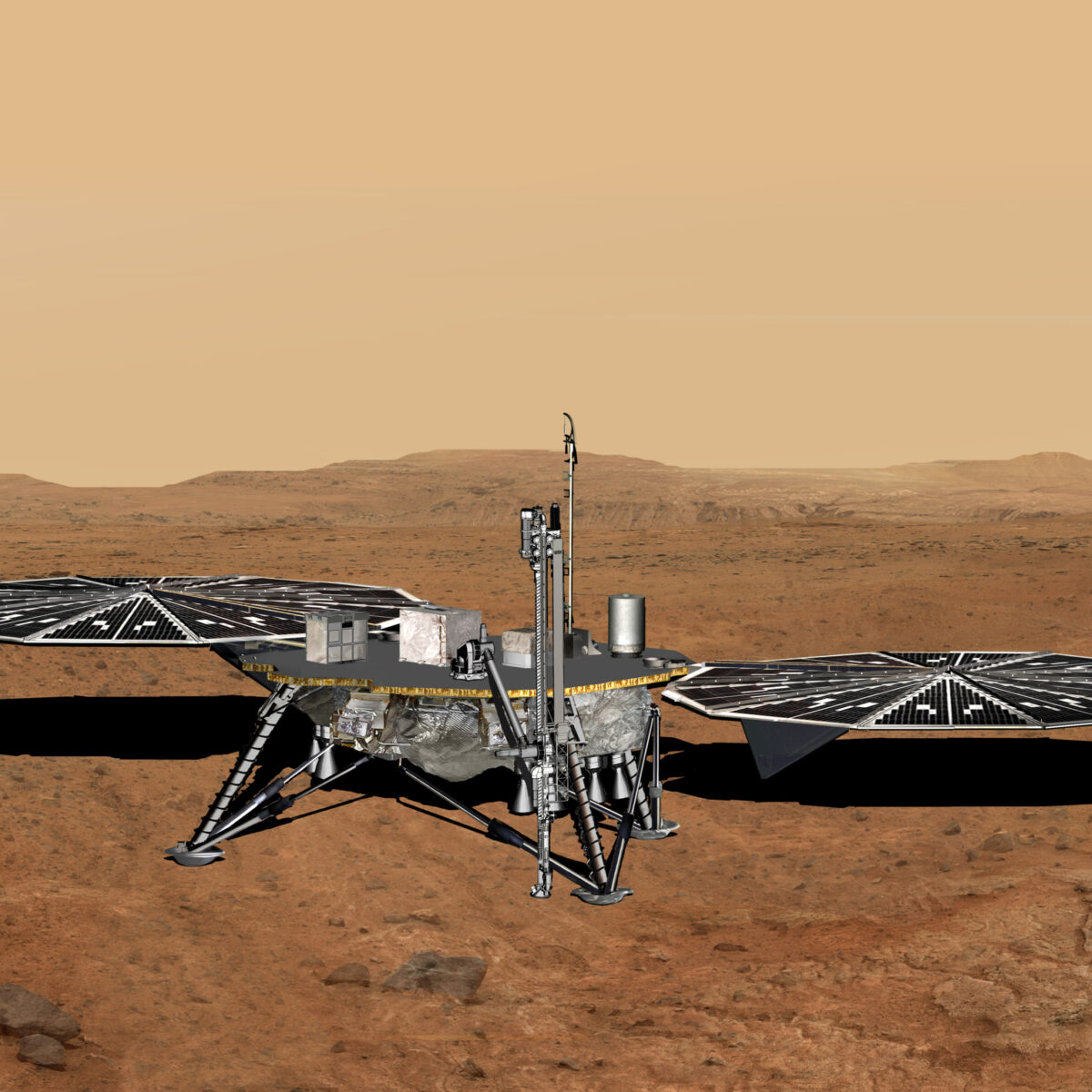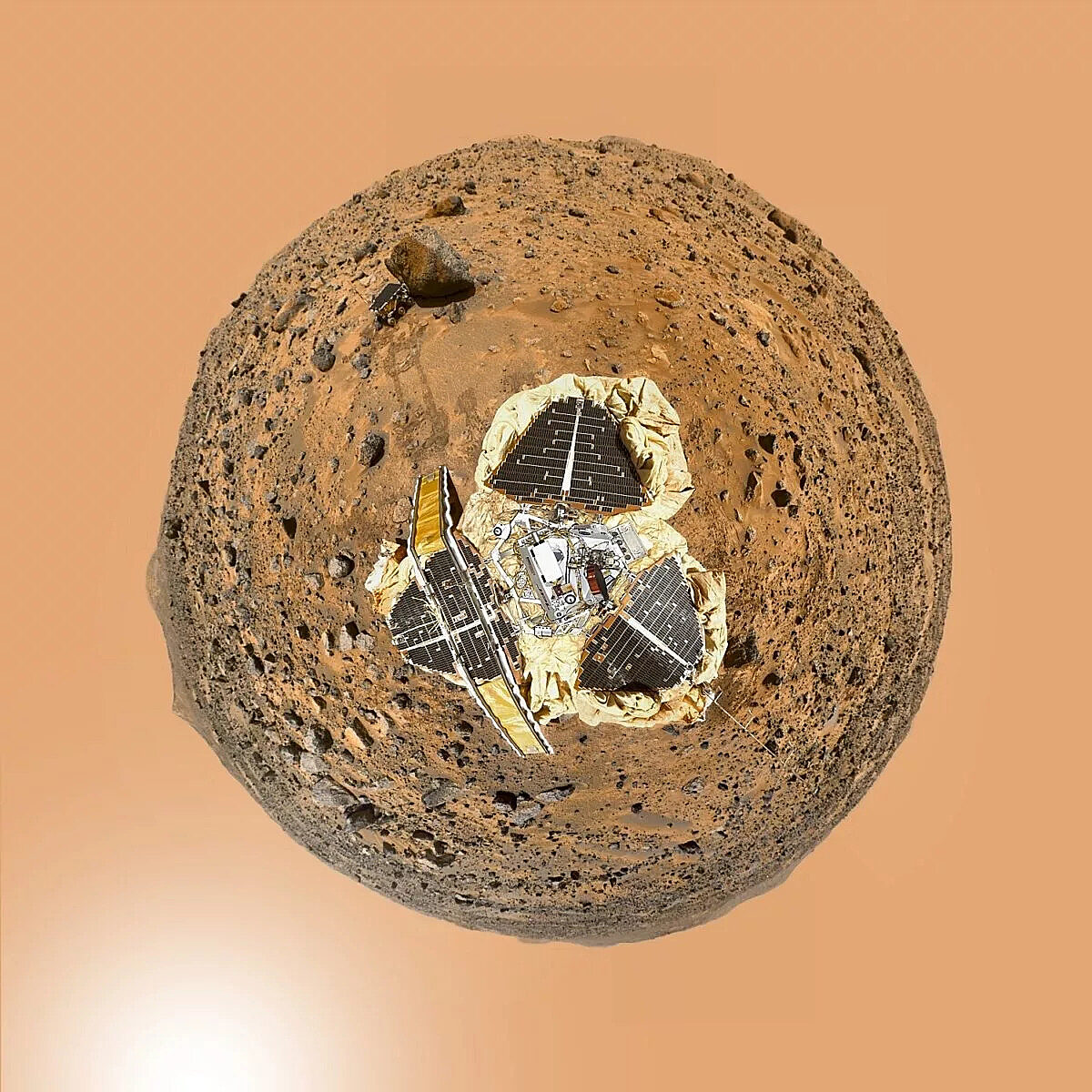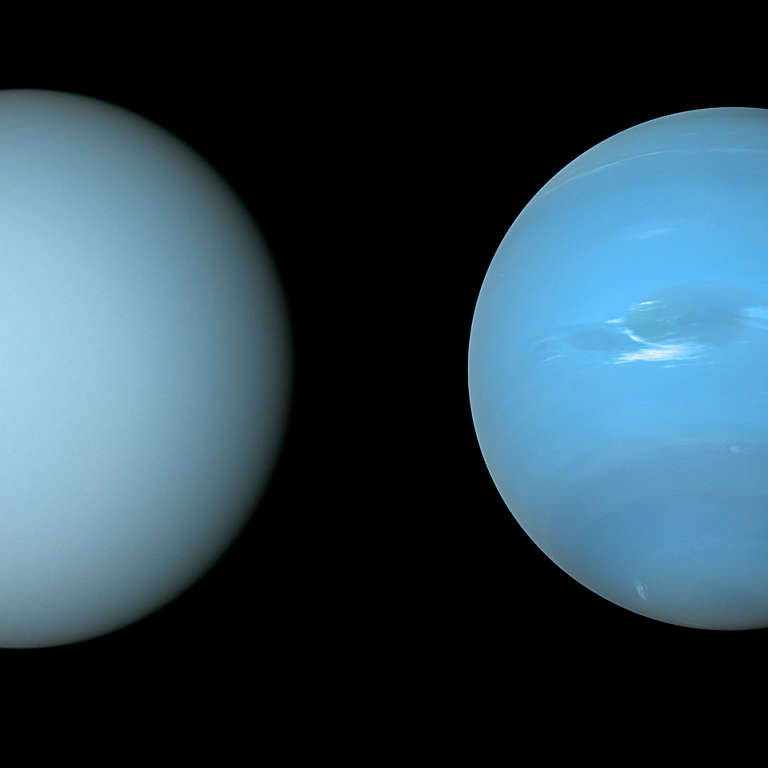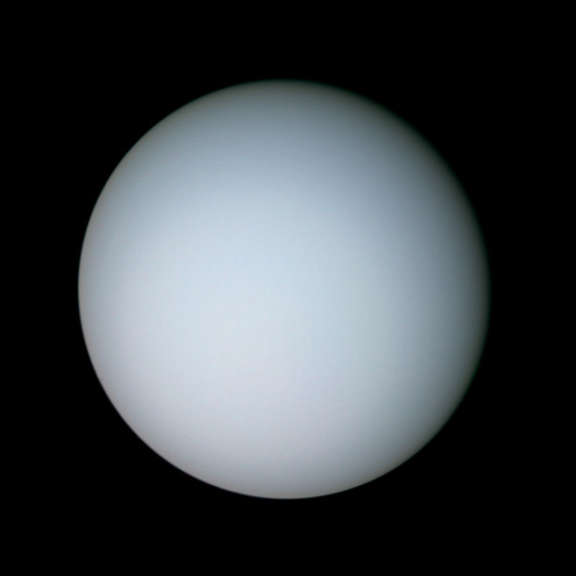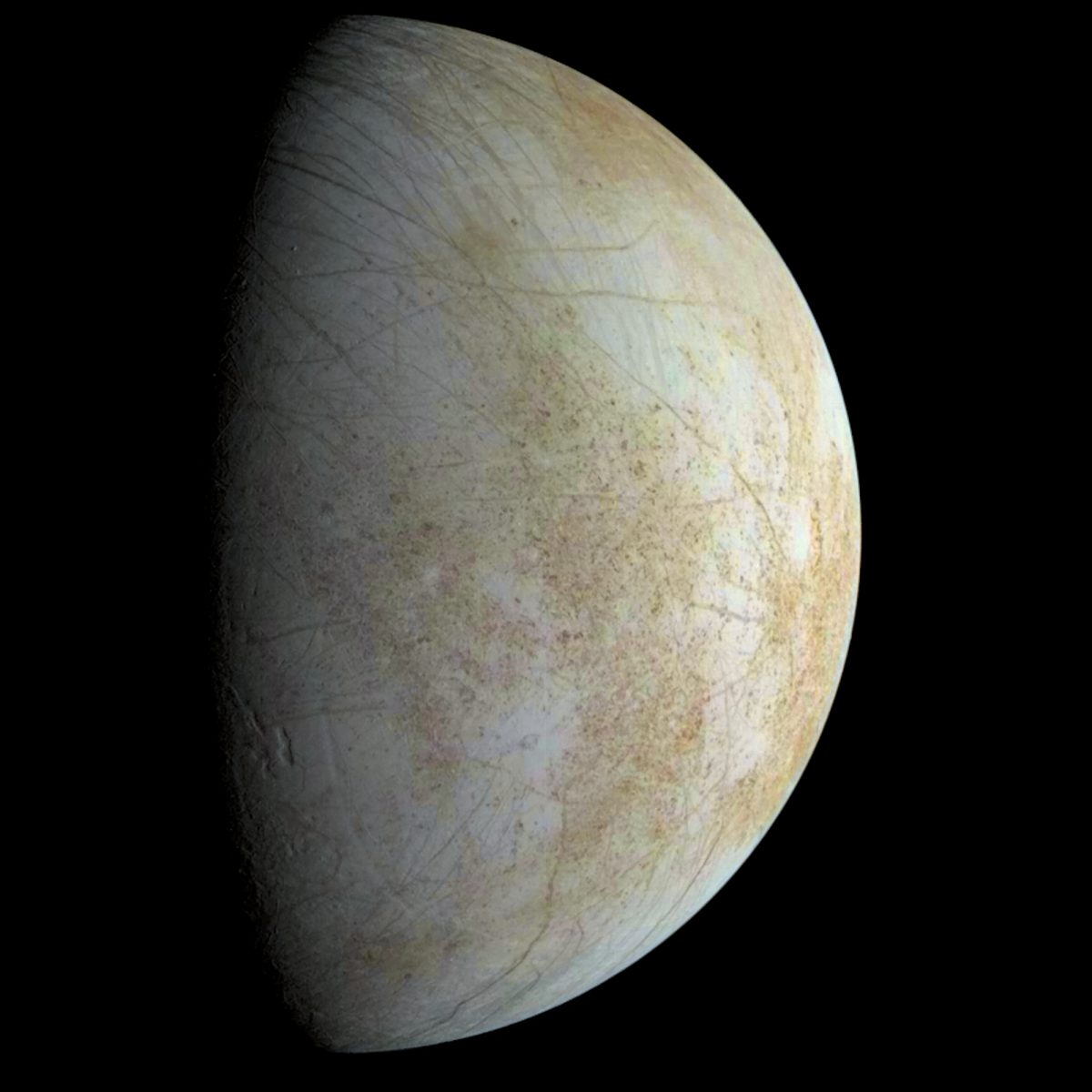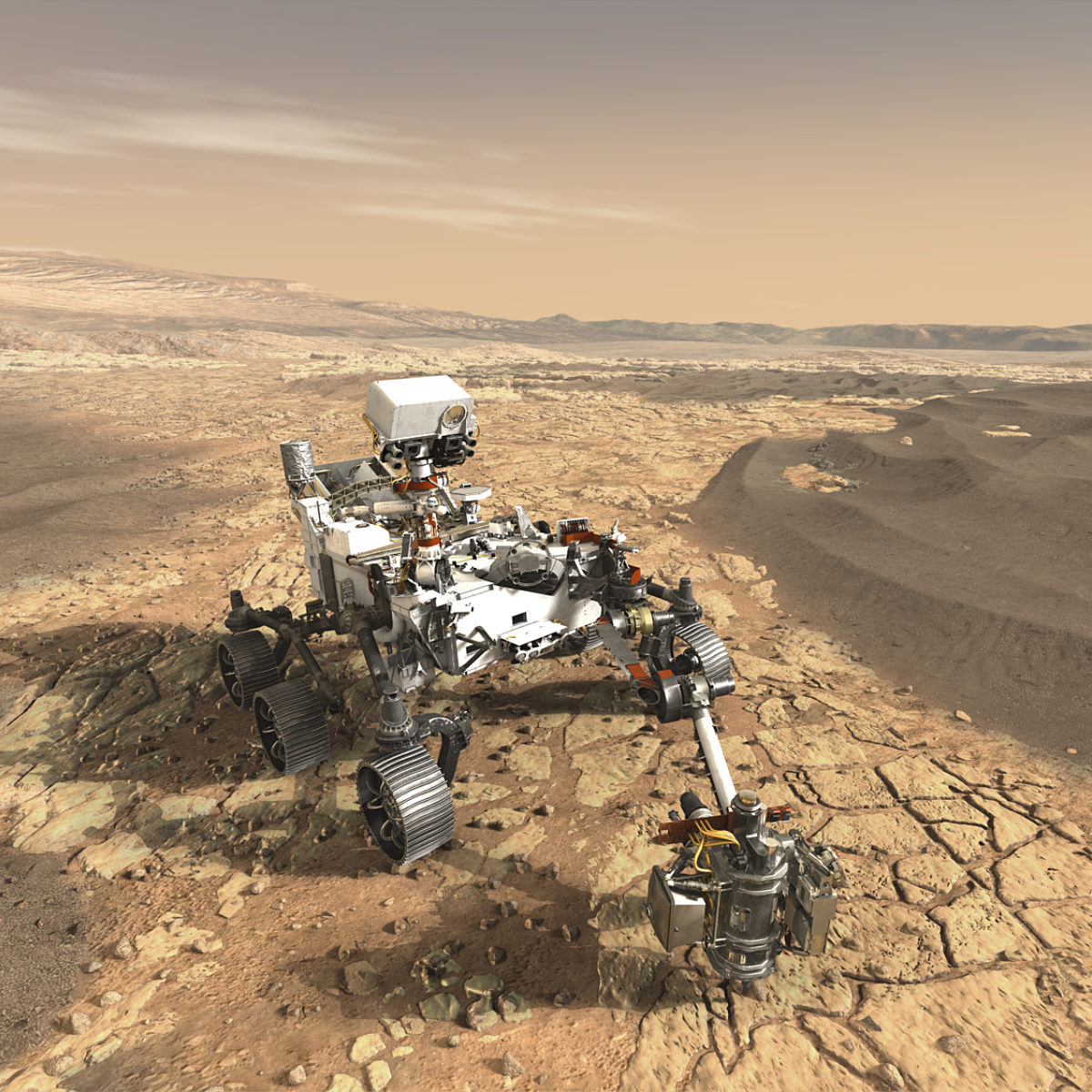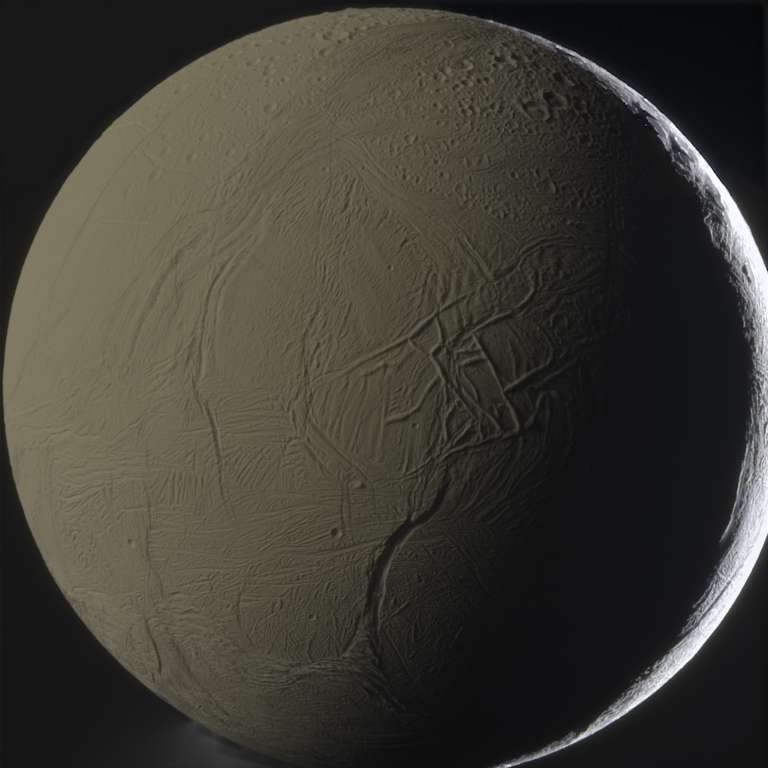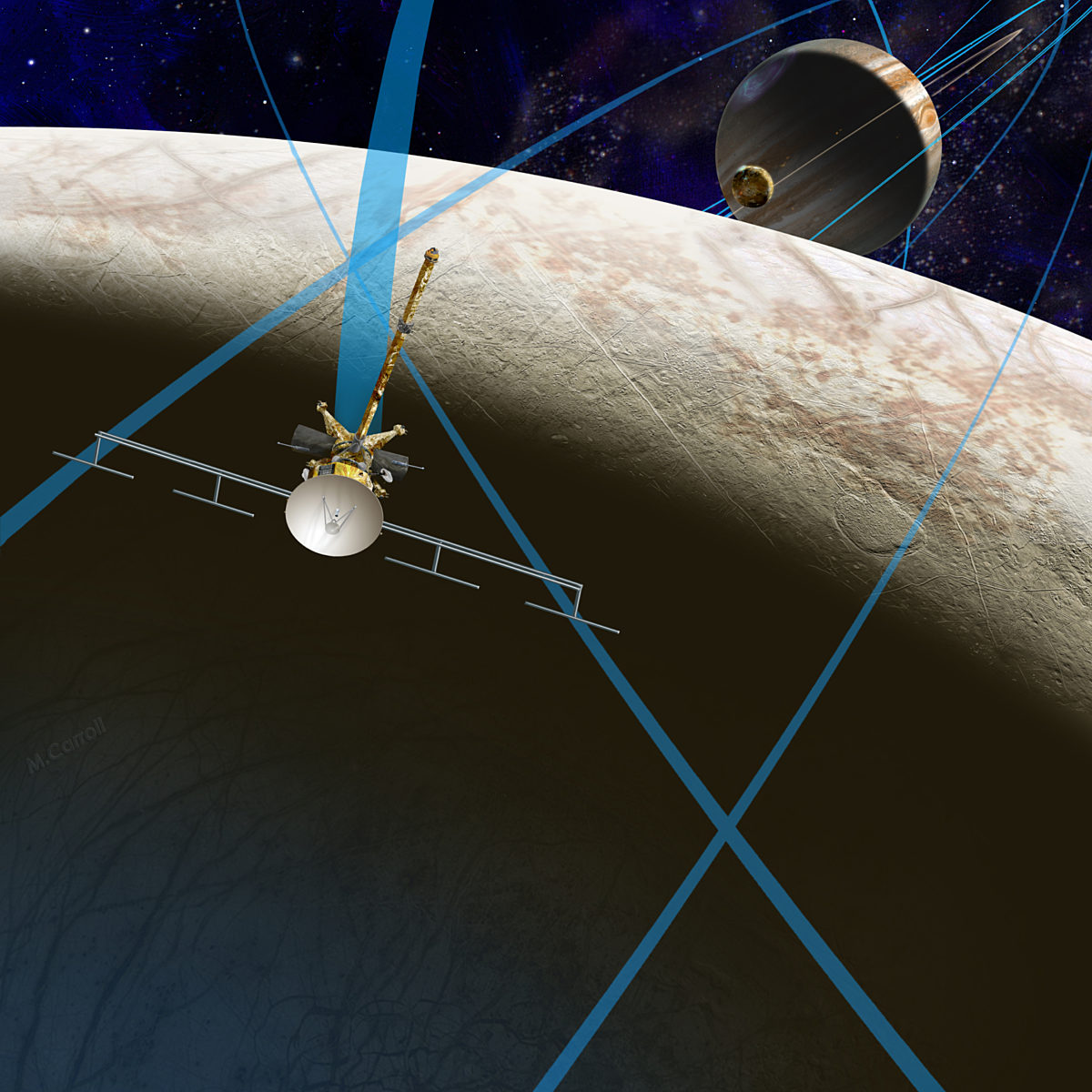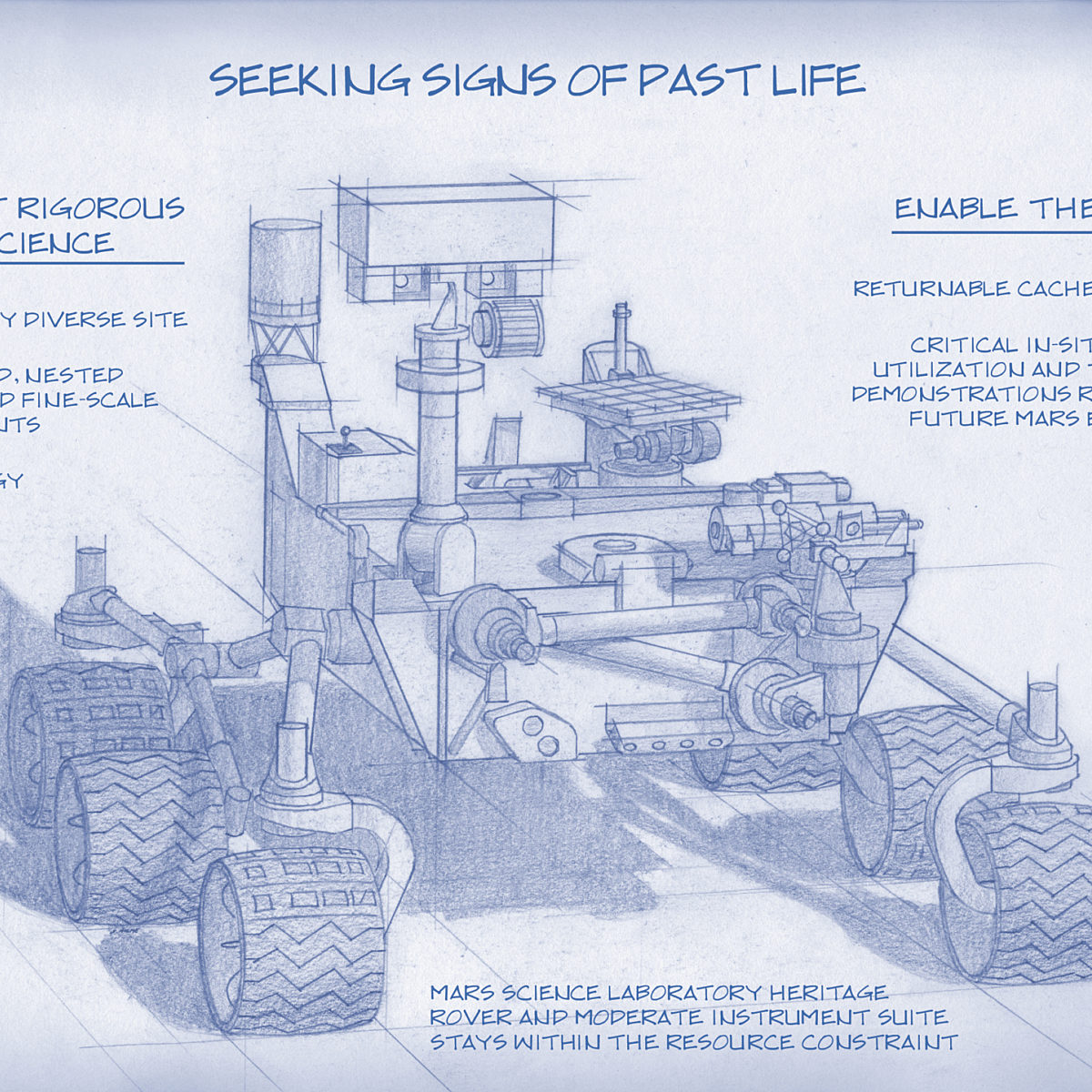All
All
Stories, updates, insights, and original analysis from The Planetary Society.
A billion dollars short: A progress report on the Planetary Decadal Survey
NASA is underfunding planetary exploration relative to recommendations made by the National Academies Decadal Survey report, resulting in mission delays and cancelations.
NASA's InSight mission is dying. Next could come the ‘Mars Life Explorer’
If there is Martian life then it could be in ice water under the red planet’s surface. The Mars Life Explorer, included in the most recent Planetary Science and Astrobiology Decadal Survey, would search for this.
First steps and big leaps
Technological innovation is a big part of the fun of space exploration, and you can help make it happen.
How Uranus and Neptune are key to unlocking how planets form
A flagship mission to the ice giants — Uranus and Neptune — will forever change our understanding of the origin and evolution of our solar system.
The Space Advocate Newsletter, April 2022
The Planetary Science Decadal Survey: after the red planet, an ice giant.
Planetary Science Decadal Survey: After the Red Planet, an Ice Giant
After completing Mars Sample Return, Uranus should be the target of NASA's next major planetary mission, according to a major new report by the National Academies of Sciences.
Your Guide to the 2020 Astrophysics Decadal Survey
A massive space telescope to search for signs of life on hundreds of Earth-like exoplanets is the official recommendation of the U.S. astronomy community.
Our Submissions to the Planetary Science Decadal Survey
Advocating for space at every step in the process, The Planetary Society submitted two papers to the forthcoming planetary science decadal survey—one on the search for life and one on the importance of planetary defense.
National Academies: NASA needs a plan for Mars
Though progress is being made on Mars Sample Return, a new report from the National Academies recommends NASA have a long-term plan for robotic Mars exploration, and work to ensure communications infrastructure is maintained at the Red Planet. These recommendations largely align with those made by The Planetary Society in a report released in 2017.
It's midterm evaluation time for NASA's planetary program
A new report assesses how NASA’s Planetary Science Division has implemented (or not) the top recommendations of the scientific community for the exploration of the solar system.
Challenges to Enabling a Richer Planetary Exploration Program
This past week brought to the fore two challenges for NASA’s managers as they try to enable the richest possible mix of coming planetary missions. At stake are whether the agency will be able to select two Discovery missions from the current competition, and whether there will be the possibility of a mission selected for Enceladus and/or Titan in the next decade.
NASA's New Budget Would Gut Europa But Otherwise Support Planetary Exploration
It’s clear that the President’s budget officers really don’t want to fund a mission to Europa. Other than that, the proposed Fiscal Year 2017 budget submitted by the President last week to Congress would be great for planetary exploration.
What Does a 'Good' Budget for Planetary Science Look Like?
NASA's 2017 budget request comes out on Tuesday, here's how you can evaluate if the budget for the Planetary Science Division is good or not. It's not just about 2017, but the next five years.
What Happens When Space Projects Go Over Budget? The Curious Case of MSL’s Overrun
Jason Callahan takes a detailed look at the effects of Curiosity's cost overruns on NASA's budget.
Making the Rounds on Capitol Hill
There's an old saying about Washington, D.C.: it’s a small town, based on relationships. We are establishing very good relationships with members of the U.S. Congress and the Administration. Three of us made the rounds recently, going from one Congressional Member’s office to another to support planetary exploration and a mission to Europa. Our team included Casey Dreier, our Director of Advocacy; Bill Adkins, our lobbyist in Washington; and me.
A Reluctant Dance Towards Europa
For the last two years, NASA has been the shy partner refusing to get on the dance floor, and Congress has been the aggressive partner insisting on a dance now. The dance is the continuing attempt by Congress to have NASA commit to a mission to explore Europa, and NASA’s attempts to delay a mission well into the 2020s.
Further Analysis of NASA's FY15 Budget Proposal: Steady As She Goes?
The President’s proposed Fiscal Year 2015 budget details were released last week. For the next several years, the budget proposes a steady as she goes plan, but with two “what are they thinking?” surprises.
Mars 2020 Is No Redo
The next major mission to Mars will push the technological envelope in way that preserves its budget and fulfills the scientific goals set by the planetary community for this decade.
NASA’s New Planetary Mission Woes
NASA’s planetary science program depends on regular missions to solar system bodies to gather data. A combination of budget cuts and previous commitments to develop missions currently in the pipeline means that development of follow on missions may slow to a crawl. Van Kane looks at the current situation and NASA’s plans and then look at options the agency may consider if budgets remain tight into the next decade.
A New Statement on NASA's 2020 Rover Mission
The Planetary Society remains committed to a balanced program of solar system exploration, with Mars, outer planets, and small missions all playing an important part.


 Explore Worlds
Explore Worlds Find Life
Find Life Defend Earth
Defend Earth


 Sun
Sun Mercury
Mercury Venus
Venus Earth
Earth Mars
Mars Jupiter
Jupiter Saturn
Saturn Uranus
Uranus Neptune
Neptune Small Bodies
Small Bodies
